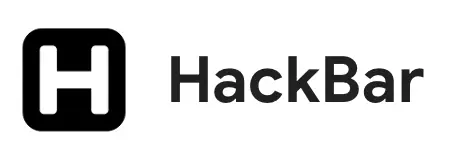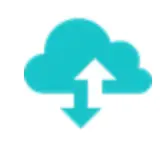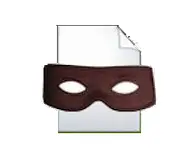Introduction
In cybersecurity, ethical hacking is like being a good guy who helps protect against bad guys online. Ethical hackers use different tools and tricks to find weak spots and make digital systems safer. Browser extensions are like little helpers that make this job easier.
This article will talk about the best 10 browser extensions for ethical hacking, explaining what they do and how they keep digital stuff safe.
FoxyProxy

FoxyProxy is a tool that helps you control how your internet travels. It lets you go through different servers, which can keep your online actions private and help you get around location blocks. Ethical hackers use FoxyProxy to hide who they are and do research without being easily detected, making their hacking efforts more sneaky and successful.
Wappalyzer

Wappalyzer is like a detective tool for your browser. It finds out what technologies are being used on websites, like how they’re built and what software they run on. Ethical hackers use Wappalyzer to understand how a website is set up, so they can find weak spots and ways to break in. By knowing what’s under the hood of a website, Wappalyzer helps hackers plan their attacks better and increases their chances of succeeding.
Cookie Editor

Cookie Editor is a handy tool you can add to your web browser. It lets you see, change, and control the cookies websites store on your device. People who want to test website security, like ethical hackers, use Cookie Editor to tweak cookie settings.
They can pretend to be someone else, like logging into a site without a password. This helps them figure out if a website has any weak spots that could be exploited by bad actors. Cookie Editor is easy to use and has lots of helpful features for managing cookies, making it a key tool for testing and checking website security.
Hackbar

Hackbar is like a tool you add to your web browser. It’s made for doing tricky stuff called SQL injection and cross-site scripting attacks on websites. Good hackers use Hackbar to make their own codes and mess with web forms that aren’t secure.
They use it to find ways to get into places they shouldn’t be and see secret stuff. Hackbar makes it easier to find and fix these security problems on websites.
Tamper Data

Tamper Data is a tool you can add to your web browser. It lets you see and change stuff that goes between your computer and the internet as it happens. Good hackers use Tamper Data to mess with how websites talk to each other.
They can change things to see if they can find any issues that might let bad guys get in. Tamper Data helps them check websites to make sure they’re safe from sneaky attacks.
EditThisCookie

So, have you heard of EditThisCookie? It’s like a little helper for your web browser. You know how when you visit websites, they sometimes store little pieces of data called cookies on your computer?
Well, this extension lets you peek into those cookies and even change them if you want. It’s handy for people who want to make sure websites are safe from sneaky attacks. Ethical hackers, the good guys who test website security, use EditThisCookie to see if they can trick websites using these cookies.
Requestly

Then there’s Requestly. It’s another browser tool. This one lets you mess around with the requests your browser sends to websites.
You can change things like the website addresses you’re trying to reach or the information you’re sending to them. Ethical hackers use this to see if they can find weak spots in websites and make them stronger.
User-Agent Switcher

Next up is User-Agent Switcher. This one’s pretty neat. It lets you pretend to be a different kind of web browser when you visit a site. So, if you want to see how a website treats different browsers, you can use this tool. Ethical hackers use it to sneak around and gather info without getting caught.
Click&Clean

Last but not least, there’s Click&Clean. This little tool helps you tidy up after yourself on the internet. You can use it to delete your browsing history, get rid of cookies, and clear out temporary files that websites leave behind.
Ethical hackers like it because it helps them cover their tracks and stay hidden while they’re doing their good-guy hacking stuff.
Conclusion
In short, the browser extensions we’ve talked about here are like Swiss Army knives for ethical hackers. These extensions provide ethical hackers with a variety of capabilities, ranging from navigating websites stealthily to tidying up their online footprint.
Consequently, by employing these tools responsibly, ethical hackers play a crucial role in enhancing online safety for all. Essentially, they act as cybersecurity superheroes, thwarting malicious actors and safeguarding our digital realm.




